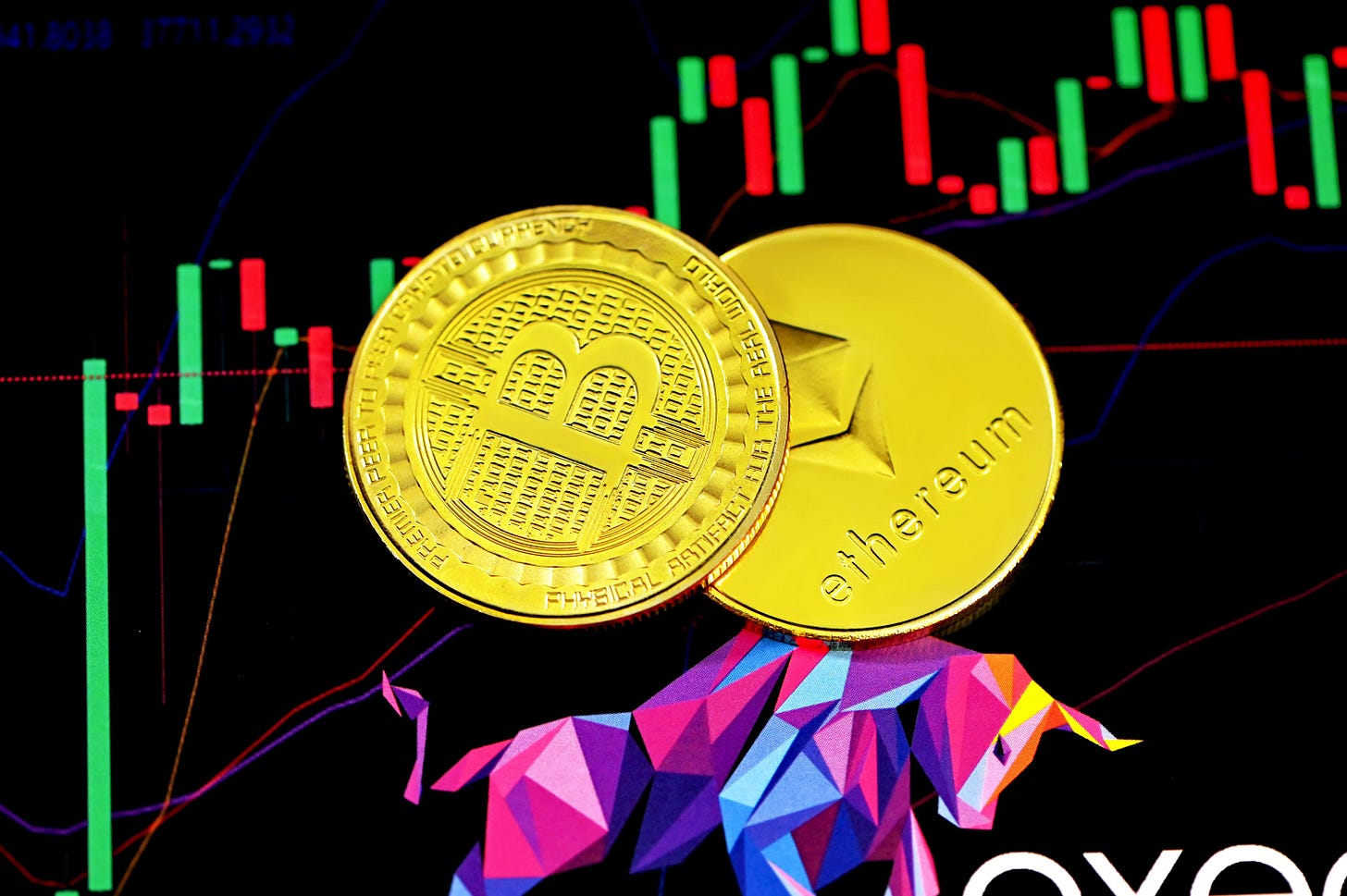Lawyer's point of view: Is POS's Ethereum a security?
Author: Inal Tomaev
From the moment of its creation, disputes regarding the nature of the ether could not be reduced to a single approach. These disputes will only increase given the recent transition of the protocol to the “proof-of-stake” transaction validation mechanism.
The diametricality of positions is expressed in whether ether is a commodity or security. The head of the Securities and Exchange Commission (“SEC”), Gary Gensler, was the first to speak about this after The Merge.
So, his main position boils down to the fact that “most cryptotokens qualify as securities according to the Howie test.” According to this test, the existence of an investment contract is confirmed if “there is a monetary investment in a common enterprise with a reasonable expectation of profit from the activities of other participants.”
After switching to POS, Ether, according to Gary Gensler, began to show the nature of the security even more clearly, because “token staking is very similar to lending,” and investing in Ether is really connected with the expectation of profit due to the activities of all stake holders (“other participants”), allowing the entire validation mechanism to exist, even despite the fact that the profit of a particular staker depends on his particular stake.
At the same time, the Bill on Responsible Financial Innovations (RFIA) refers most digital currencies to commodities, which should include Ether. RFIA offers a clear standard for determining when digital assets will be considered commodities and when they will be considered securities. A token issued in accordance with an investment contract will qualify as an “auxiliary asset” if the asset does not give the owner corporate rights. RFIA clearly separates the ancillary asset from the underlying investment contract documenting the agreement on the transfer of the ancillary asset. It turns out that Ether is a commodity here, if only it gives corporate rights, including receiving dividends.
The same logic is observed in the recent Digital Commodities Consumer Protection Act (“Act”) from the Senate Agriculture Committee, which was published in early August.
The bill defines “digital commodity,” which includes Bitcoin and Ether and excludes certain financial instruments including securities. Thus, the Commodity Futures Trading Commission (‘CFTC”) designates its jurisdiction over the Ether, but leaves room for the regulation of other assets that relate to securities and will fall under SEC regulation. The Act would systematize the process by which a digital asset is determined to be a commodity.
The Act also grants the CFTC exclusive jurisdiction over transactions in digital goods, except for transactions in which a seller or consumer uses a digital commodity solely to buy or sell a good or service.
As we can see there are different approaches to regulating the Ether. In my opinion, such a different approach is due to the specifics of the nature of the Ether:
1. In the case of staking, we are talking about income gaining from the placement of tokens as a mechanism for validating transactions in the blockchain. And yes, it's very similar to a debt security.
2. The Ether may be the subject of an asset purchase and sale transaction. In this case, it is a commodity.
Thus, depending on the proven functionality of the Ether, the appropriate regulation will be included in a particular case.
Despite the introduced legislative provisions on the legal nature of the Ether, the SEC will not loosen its grip on the regulation of digital assets and the Ether in particular.
In the nearest future, we may witness several public cases when the SEC and the CFTC will in fact establish their jurisdiction over the manifestations of the nature of the Ether. These cases will become the basis of future laws that will only fix a fait accompli.
Inal Tomaev is web3 lawyer with more than 10 years in corporate and IP. The main fields of professional expertise are General Corporate Law, M&A, NFT, Venture Investments, IP, Contracts, WEB3, Legal Due Diligence.
https://www.linkedin.com/in/inal-tomaev-39a496151/
Follow us
Twitter: https://twitter.com/WuBlockchain
Telegram: https://t.me/wublockchainenglish



Vague conclusion.
"The Ether may be the subject of an asset purchase and sale transaction", so is it commodity? It is a description of any grocery product